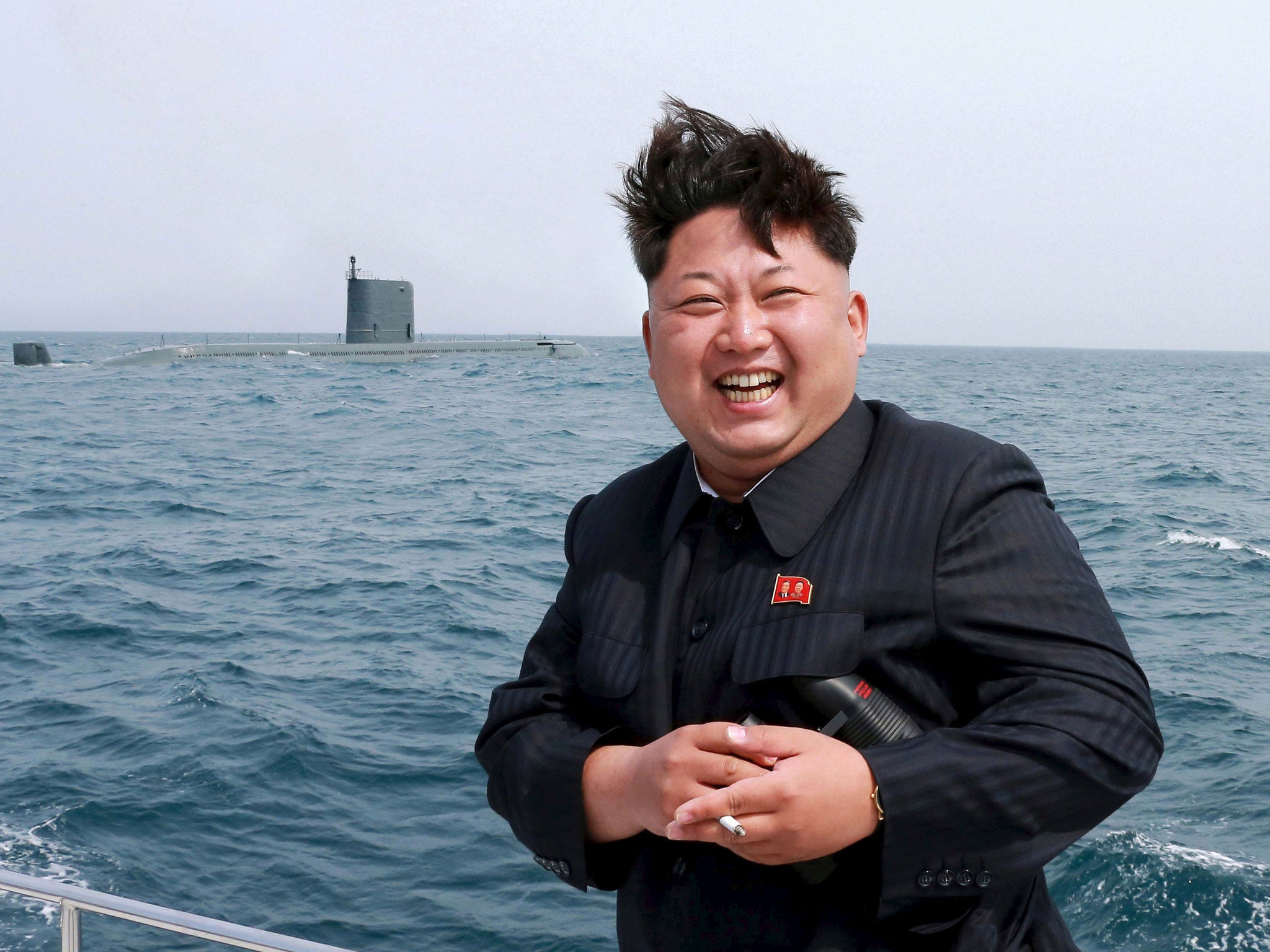Imagine an open North Korea – it’s easy if you try
Kim Jong-un's behaviour shouldn’t stop the world in opening up to the hermit state

Your support helps us to tell the story
From reproductive rights to climate change to Big Tech, The Independent is on the ground when the story is developing. Whether it's investigating the financials of Elon Musk's pro-Trump PAC or producing our latest documentary, 'The A Word', which shines a light on the American women fighting for reproductive rights, we know how important it is to parse out the facts from the messaging.
At such a critical moment in US history, we need reporters on the ground. Your donation allows us to keep sending journalists to speak to both sides of the story.
The Independent is trusted by Americans across the entire political spectrum. And unlike many other quality news outlets, we choose not to lock Americans out of our reporting and analysis with paywalls. We believe quality journalism should be available to everyone, paid for by those who can afford it.
Your support makes all the difference.As Kim Jong-un’s missiles fired into the Sea of Japan on Wednesday, they sunk along with the opportunity of opening up North Korea any time soon. The protest came just a few hours after the UN imposed the toughest sanctions on North Korea in two decades, to punish the state for its nuclear activities.
While the sanctions are almost unprecedented in their scope, North Korea has been in similar situations before. But this time there is one major difference. The Kim Dynasty no longer enjoys the full backing of Beijing. In fact, the current round of UN sanctions was only made possible with cooperation between China and the United States. Their rationale is that North Korea would now be more vulnerable to sanctions, and more susceptible to change, given its diplomatic isolation and increasing reliance on trade.
Back in 2003, the future was not so bleak for North Korea. The Six-Party talks – involving North Korea, South Korea, China, Japan, Russia and the US – marked an unprecedented diplomatic effort to solve the nuclear problem. But over a decade and six rounds of talks later, the talks are dead in the water.
It all began with America's wide-reaching War on Terror, which flipped Pyongyang’s calculations upside down. As the foreign policy experts John Mearsheimer and Stephen Walt said in a co-authored aricle published shortly before the Iraq War, "The Bush administration's contrasting approaches to Iraq and North Korea send a clear signal: we negotiate with states that have nuclear weapons, but we threaten states that don't." If you're North Korea, why risk a US invasion? Going nuclear was their only option for survival.
But behind the scenes of confrontation, trade and economic activities were bourgeoning. North Korea exports minerals, metals, coal and other goods abroad, 70 per cent of which goes to China. Before its closure last month, the Kaesong Industrial Region was jointly run by North and South Korea, hosting 124 companies and 54,000 North Korean workers. Pyongyang's nuclear threats have halted the project and hurt many economic areas.
Many in the West have long disregarded North Korea as irrelevant, and focus instead on ridiculing their leaders. We have never stopped laughing at the pantomime element of Pyongyang politics, whether it's the puppetry of Team America or the slacker orientalism of The Interview. As such, it's easy to forget that just over 30 years ago, one third of the world’s population lived under communism. It's not as if the country can't change, and come out of its shell. The US ambassador to the UN has said that Pyongyang priorities warheads before "providing for the most basic needs of its own people", but this is a charge that could have easily been levelled at China in the 1960s.
Imagine an open North Korea, it’s easy if you try. Just look at China’s success, or Cuba’s recent détente with the US. Or how about the Iran deal? All demonstrate that it's possible, so long as there's the will to do something. There is a future for North Korea, but only if both Pyongyang and the world are ready to engage in trade and constructive dialogues again.
Join our commenting forum
Join thought-provoking conversations, follow other Independent readers and see their replies
Comments